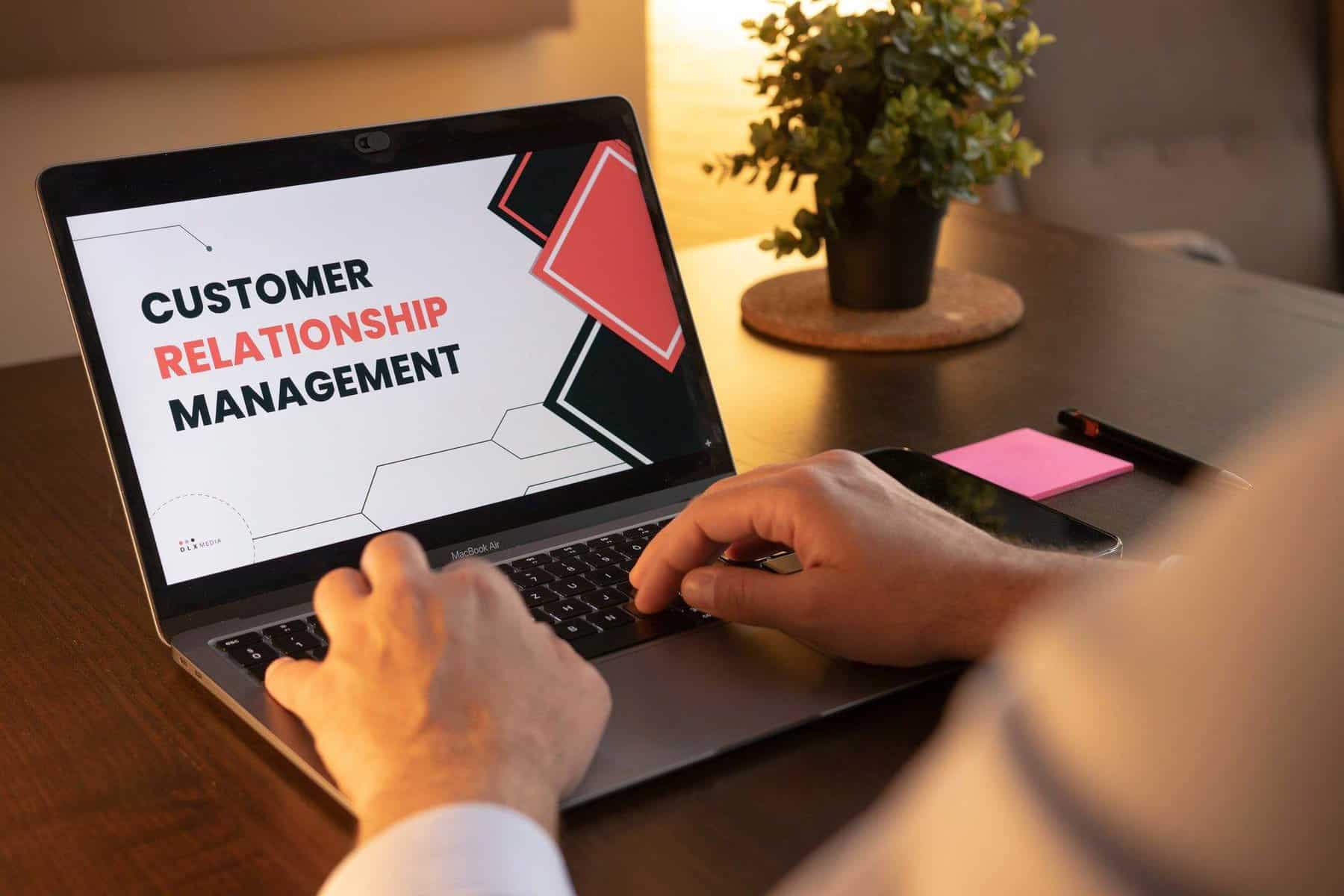3 Types of CRM Software That Can Help Your Business
CRM software is an essential tool for businesses large and small. By keeping track of customer interactions and data, businesses can better understand their target market and improve their sales and marketing strategies.
There are many different types of CRM software on the market, each with its own set of features and benefits.
main types of CRMs: operational, organizational, and Analytical.
Operational CRMs are systems that help organizations manage their daily operations. These systems track and manage data related to customers, sales, marketing, and other areas of the business. Operational CRMs provide organizations with the ability to streamline their operations and improve their efficiency. Sales management, customer service, marketing automation, and lead management are some of the most common use cases for an operational CRM. Operational CRM helps companies generate leads, convert leads into contacts and provide service infrastructure needed to retain customers.
Organizational CRM is a sophisticated version of operational CRM that’s used by businesses to track specific customer interactions and store this information in a central database, which can then be accessed by multiple people in the organization. It can also help organizations make smarter decisions about their customers and offer suggestions on how to engage with them. Operational CRMs are focused on automating and optimizing business processes, while organizational CRMs are focused on integrating CRM throughout the organization.
Collaborative CRM is a type of CRM that helps organizations gather information about their customers, their processes and workflows. This CRM software lets companies analyze their products, services, and customer retention rates. Analytical CRMs have four main components: data management, analytics, workflow, and reporting.
- Data management is the process of organizing, storing, and accessing data.
- Analytics is the process of analyzing data to extract insights and information.
- Workflow is the process of managing and executing tasks and processes.
- Reporting is the process of presenting information in a clear and concise manner.
Some CRM’s (think Salesforce) cover all 3 types of CRMs
What is the best type of CRM for my business?
There is no one-size-fits-all answer to this question, as the types of CRM that is right for your business will depend on a number of factors, including the size and nature of your business, your budget, and your specific needs. However, some tips on choosing a CRM for your business include considering what features are most important to you, looking for a CRM that integrates with other software you use, and finding a CRM that offers a free trial so you can test it out before making a commitment.
ready to launch the best CRM for your business? Keep this in mind.
1. Define the business requirements for the CRM. For example, if you need multiple customer contact lists, you should make sure your chosen solution can support this feature.
2. Identify and evaluate potential CRM solutions. If you don’t have a clear idea of what you need, it’ll be hard to choose the best solution for your business. Make sure to read customer reviews and industry blogs to find out how the most popular CRM solutions work in practice.
3. Include as many members of your team as possible in selecting a CRM solution. There are a few reasons for this. First, more people means more ideas and a greater variety of perspectives to consider when making a decision. Second, more people means more knowledge and experience to draw from when making a decision. Third, more people means more buy-in and commitment to the chosen CRM system once it is implemented. Finally, including more people in the decision-making process helps to ensure that the system chosen is the best fit for the company as a whole, rather than just a small group of people.
4. Implementing your chosen CRM solution. It’s often better to get an outside consultant to help you develop your custom CRM. Here are some of the top reasons:
- 1. They have experience with developing CRMs and will be able to guide you through the process.
- 2. They can help you customize the CRM to fit your specific needs.
- 3. They can offer suggestions on how to improve your current CRM system.
- 4. They can provide support and training on how to use the CRM once it is developed.5. Training employees on how to use the CRM system.6. Monitoring and measuring the performance of the CRM system.
5. Educate and train your employees, vendors and associates to use the CRM. The primary reason you would need to educate and train your employees and associates to use your new CRM system is so that they are able to properly utilize the features and functions of the system in order to maximize its potential for your business. In order for your CRM system to be effective, your employees and associates need to understand how to use it properly and be able to utilize its features to their full potential. By providing them with education and training on the new CRM system, you can ensure that they will be able to get the most out of the system and help your business to achieve its goals.
Need help navigating the different types of CRM? Digismart will save you time, money and deliver the perfect custom CRM for your business. Get started now!
Photo credit: DLX MEDIA







